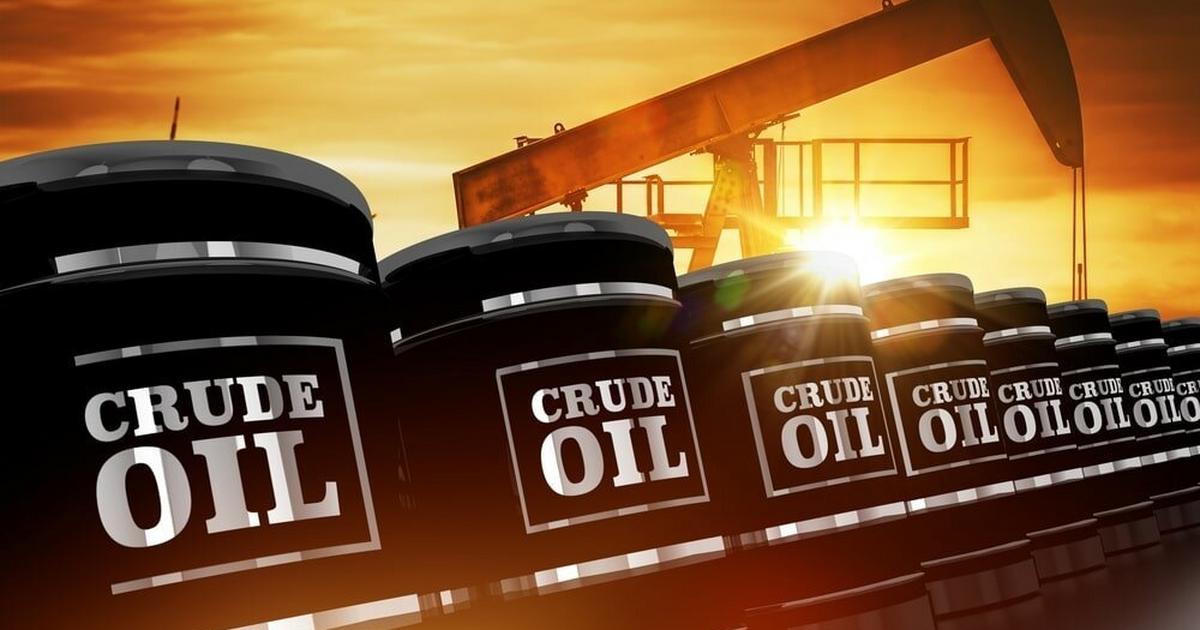With global oil demand falling 11% in the first half of 2020 and OPEC+ withdrawing 9.7 million barrels per day (bpd) from the market in a landmark decision last April, it has been a turbulent year for Africa’s leading oil producers. In short, the continent’s top producers have maintained their dominance, albeit by narrower margins, with countries such as Nigeria and Angola producing 25%-30% less in 2021 than in 2019. Now, as OPEC gradually eases production cuts, African producers are attempting to increase output to pre-COVID-19 levels, despite a rebound in oil prices and a renewed exploration push.
NIGERIA
Nigerian crude oil production is 1.36 million barrels per day.
Nigeria, which is leading the pack, plans to expand its hydrocarbon sector by launching more than 100 oil and gas projects over the next five years, including 25 upstream projects. Meanwhile, the Nigerian National Petroleum Corporation recently signed a deal with Shell, ExxonMobil, Total, and Eni to develop an offshore oil block that includes the deep-water Bonga Field, unlocking up to $10 billion in new investment and adding 150,000 bpd to domestic output.
LIBYA
1.17 million barrels per day of crude oil production
Following a blockade of the country’s oil export terminals, which reduced output to less than 200,000 bpd, Libya resumed pre-blockade output levels at the end of 2020 and is expected to stabilize production in 2021. The Libyan government recently approved a $1.6 billion budget for the National Oil Corporation (NOC) for oilfield development and infrastructure maintenance, allowing the NOC to meet its 1.6 million bpd target within two years.
ANGOLA
1.14 million barrels per day of crude oil production
Prior to the implementation of COVID-19 and OPEC-led production cuts, Angola was expected to increase its oil output. The country has been revitalising its sector through a six-year licensing round, a reformed contracts and awards management process that incentivizes exploration, and a streamlined national oil company that focuses solely on E&P activities. Short-cycle tie-backs at Total’s Block 17, combined with exploration license extensions at Chevron’s Block 14 and ExxonMobil’s Block 15, promise new discoveries while maximizing existing assets.
ALGERIA
Crude Oil Production: 874,000 barrels per day
Algeria has the continent’s second-largest oil reserves and enjoys a relatively stable rate of production of around 1.1 million bpd prior to COVID-19, though output has declined in recent years. As a result, the government has promised to increase oil and gas exploration activity in collaboration with international operators by reforming state-owned Sonatrach and enacting a new hydrocarbon law to reverse declining foreign upstream investment.
EGYPT
560,000 barrels per day of crude oil production
Egypt aims to increase daily crude output by investing one billion dollars in new oil and gas exploration in the Western Desert between now and 2022. Furthermore, between July 2014 and June 2020, the Egyptian government and international operators signed 84 petroleum agreements for oil and gas exploration, with investments totaling $14.8 billion and grants of approximately $1.1 billion to drill 351 wells.
REPUBLIC OF THE CONGO
271,000 barrels per day of crude oil production
The Republic of the Congo’s extractive sector is dominated by offshore oil and gas, and the country has been able to mitigate its production decline by bringing several projects online over the last decade, including its first deep-water field, Moho-Bilondo. A multi-client airborne gravity gradient survey is currently being conducted in the Cuvette Basin area to boost exploration activities; meanwhile, Zenith Energy secured a new 25-year license to continue operating the Tilapia oilfield at the beginning of the year.
GHANA
189,000 barrels per day of crude oil production
Ghana has a favorable long-term production outlook thanks to strong output from the prolific Jubilee and Ten oilfields and rising foreign investment in offshore basin development. Oil production is expected to more than double to 420,000 bpd by 2023 as new fields come online, particularly the Aker-operated Deepwater Tano Cape Three Points. The Norwegian company is also working on its $4.4 billion Pecan field, which is expected to hold between 600,000 and one million barrels of oil.
GABON
160,000 barrels per day of crude oil production
Gabonese oil production has been declining due to the maturation of several fields and a lack of investment to renew production bases, which has been exacerbated by OPEC-led production cuts that have reduced output by over 100,000 bpd. As a result, the country is looking to attract new offshore exploration investment. Furthermore, following revisions to the Hydrocarbons Code and its adoption in early 2019, there is optimism that a revised and more flexible regulatory framework will result in new capital and technology investments in the sector.
EQUATORIAL GUINEA
153,000 barrels per day of crude oil production
In 2021, Equatorial Guinea’s Ministry of Mines and Hydrocarbons expects increased E&P activity and $1.1 billion in foreign direct investment in the oil and gas sector. Trident Energy is currently drilling three wells in Block G to compensate for declining production at the Ceiba and Okume Complex. Meanwhile, maintenance will be performed on the Zafiro, Jade, and Serpentina infrastructures and production optimization and management of inactive wells. The ExxonMobil-operated Zafiro field, the country’s most productive asset, was producing 90,000 barrels per day (pre-COVID-19) via the Jade fixed production and drilling platform and Serpentina FPSO.
CHAD
109,000 barrels per day of crude oil production
Chad, estimated to have one billion barrels of oil reserves, gets most of its crude from the Doba Basin in the country’s south. ExxonMobil and Shell are two major operators. The former operates the Chad/Cameroon development project, which transports crude from oilfields in southern Chad via pipeline to a marine terminal in Cameroon for export.











